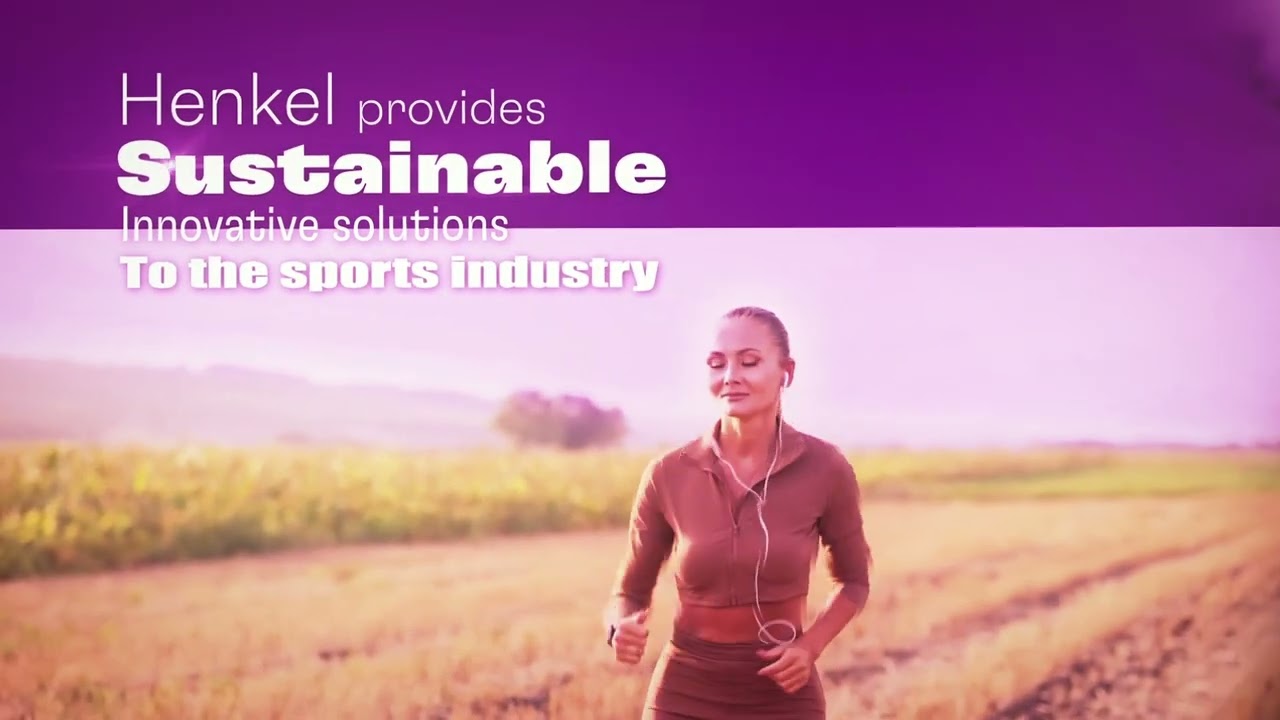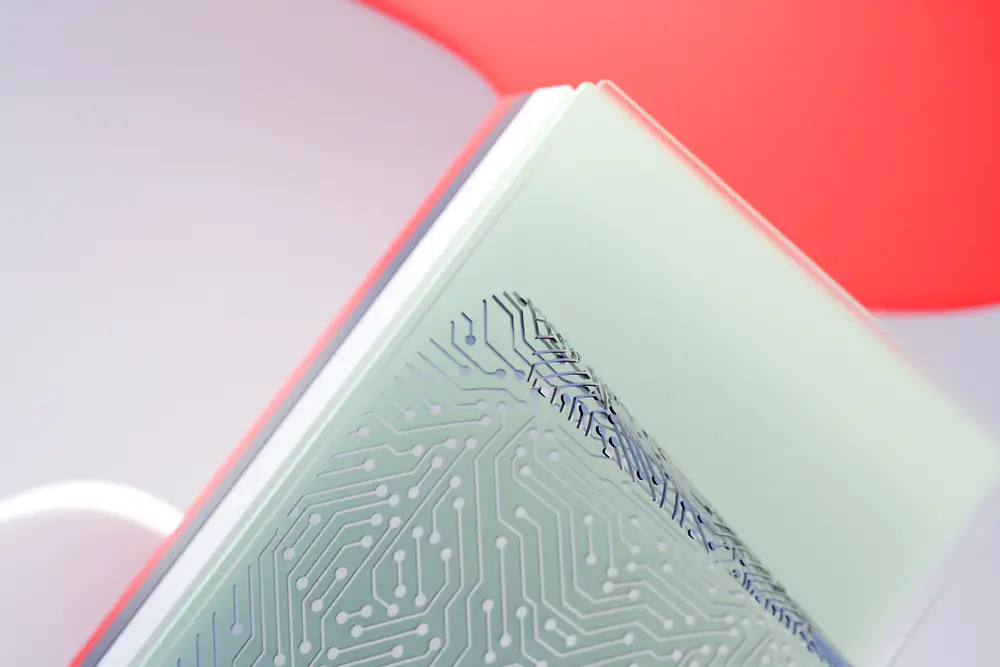Discover the brands and technologies from our business units Henkel Adhesive Technologies and Henkel Consumer Brands.
11 Nov 2022 Dubai
Innovations are keeping the game together: how Henkel Adhesives are the invisible stars of global sporting events
In a few weeks, billions of people around the world will be tuning in to the FIFA World Cup Qatar 2022, watching their favourite team and players. As with every global sporting event, today’s football game would look very different without the innovations and sustainable solutions that have been developed in the background in recent years.
Sustainability challenges are across every element of modern sport. The lifecycle begins with sourcing the raw materials, then to manufacturing, delivery and reusing and recycling. From footwear used in sport, to team buses and even the stadiums themselves, as a global leader in innovative and sustainable adhesive technology, Henkel is a big part of the team and bigger than what we see as a spectator.
Footwear and sporting gear
Players need to have speed, strength, power, balance and coordination to be at the top of their game, and the design and technology involved in creating professional footwear and other sportswear, has evolved to support these skills so that players can play to their full potential. Athletic shoes – are often made using different material components, which are difficult to bond, whilst still needing to offer flexibility.
Plus, environmental concerns about the adhesives used by sports and running shoe manufacturers have also become more complex and acute. As a supplier to countless athletic gear manufacturers, and a global leader in innovative and sustainable adhesive technology, Henkel has been at the forefront of the industry, and over the past five years, has developed innovative and sustainable adhesive technology, producing high-quality results.
The football
During any football tournament, the ball is at the heart of each game – but what’s at the heart of the ball? Professional footballs are made of connecting panels that protect two layers of internal lining and an inflatable bladder. Football panels were traditionally hand-sewn but today, with fewer panels and using innovative adhesives, the ball is much lighter and easier to handle. High-quality footballs can be made with modern plastics and synthetics in which the panels are bonded together. A seamless surface gives the ball maximum wear resistance, improves its flight characteristics and reduces water absorption on wet game days (not something that will be a problem in Qatar!)
Stadiums
Where would international sporting events be without the stadiums? The countless fans and the atmosphere helps make the game what it is today. Stadiums across the world are built using construction innovations – many developed by Henkel such as Ceresit, Loctite, Thomsit and Polybit – to ensure the flooring, roofs and the main body of the stadiums are structurally reliable, durable and can withstand extreme weather conditions. Waterproofing is a critical component when constructing buildings, even in warm and dry climates, as high-performance waterproofing, such as Polybit, can prevent moisture ingress in building structures.
The stadiums’ large screens and animated advertisement banners demand high-performance, ultra-thin light displays, meaning new advances in display material technology. For LED and OLED displays, both which have unique manufacturing requirements, Henkel offers solutions for specialised sealants, electrically conductive adhesives, and inks.
The team buses
It’s not just the fans who follow their teams; the team buses do as well. At first glance, most national teams’ buses are decorated with slogans, logos and graphic foils that are applied with temperature resistant and pressure sensitive adhesives (PSA). Henkel has developed adhesives which are resistant and resilient, no matter what the weather.
What isn’t visible to the naked eye is up to 250 kg of adhesives that is used to install the expansive panorama windows on a bus. Henkel developed a polyurethane-based adhesive that reduced this weight by up to 20 percent, lowering the buses fuel consumption and reducing its C02 emissions. As a key partner in the development, manufacture and maintenance of vehicles and transportation systems, Henkel has worked with the industry to develop bonding and design technologies to replace conventional welding of auto parts, making vehicles lighter on the road. Plus, it is also working on solutions and innovations to support the expanding electrical vehicle manufacturing side of the industry.
And as Henkel looks to bring more innovations into global sporting events; we wish good luck to the players and the supporters – have a great tournament!








